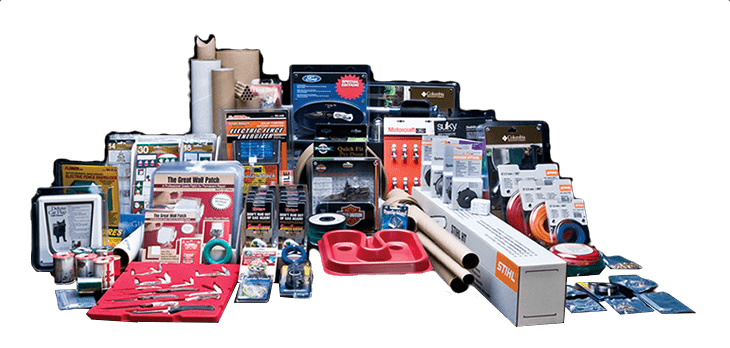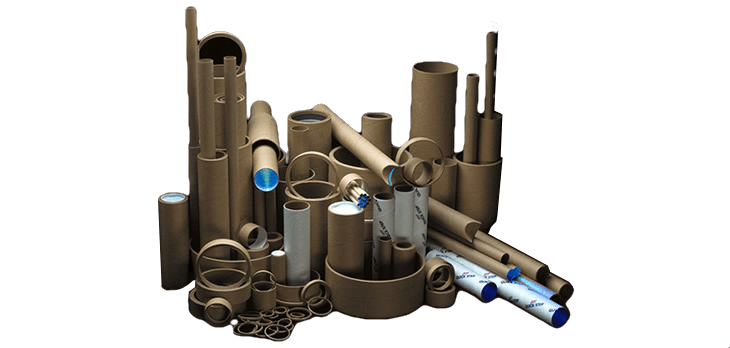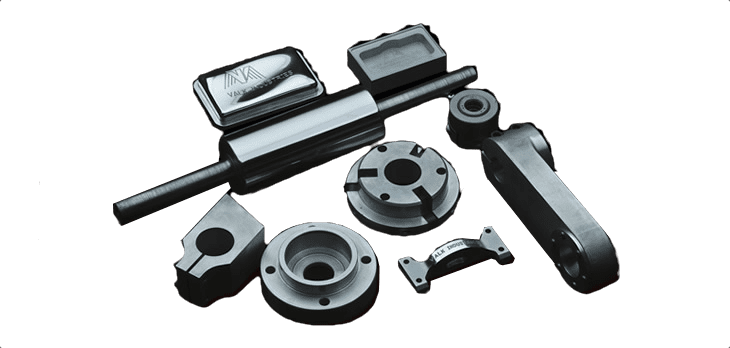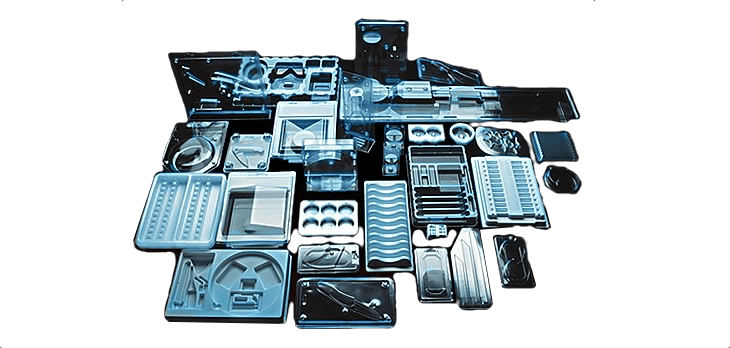"Customized Solutions for a Changing World"
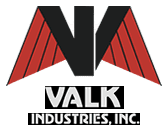
LOADING
How to Choose a Custom Plastic Thermoforming Supplier
3 Sept 2025
Choosing the right custom plastic thermoforming supplier starts with clarity about your part requirements and an understanding of the supplier capabilities that directly affect part quality, cost, and delivery reliability. A strong supplier will pair technical thermoforming expertise with material sourcing, tooling options, and in-house secondary processes so your parts arrive assembly-ready and perform as intended throughout their service life.
How to Match Capabilities to Part Requirements
Begin by confirming the supplier’s core thermoforming processes and their experience with parts similar to yours. Verify whether they perform vacuum forming, pressure forming, and plug- or drape-assisted forming, and ask about their comfort with thin- and thick-gauge materials, deep draws, tight radii, matched-mold work and multi-cavity runs. Suppliers who routinely execute the specific forming challenges your design presents will deliver more consistent parts and fewer surprises during scale-up.
Materials Expertise and Sourcing Reliability
Ensure the supplier has hands-on experience with the polymers you plan to use and can recommend appropriate grades for UV stability, flame retardance, FDA or medical compliance, or recycled content. Ask how they secure specialty resins, manage lead-time variability, and provide traceability and certificates of conformance. A supplier that can propose material alternatives and maintain reliable sourcing reduces risk and speeds approvals.
Tooling, Prototyping, and Design Support
Prioritize suppliers that offer CAD review, design-for-manufacturability feedback, and prototype or soft-tooling options so you can validate fit and function before committing to production tooling. Clarify tooling ownership, expected tool life, and amortization policies up front. In-house trimming and CNC finishing are important because they minimize dimensional variation between prototypes and production parts.
Quality Systems and Inspection Capability
Select suppliers with formal quality management practices and documented inspection procedures. They should be able to produce first-article inspection reports, dimensional checks, and material certificates, and describe their nonconformance handling and corrective-action processes. Suppliers with robust quality controls reduce defect rates and simplify regulatory or customer audits.
Secondary Processes and Assembly-Ready Delivery
Confirm availability of value-added services such as trimming, hole punching, heat staking, ultrasonic welding, coating, printing, gasketing, and final assembly. Consolidating these operations with a single supplier shortens lead times, reduces logistical complexity, and lowers the total landed cost of parts that must be delivered ready for installation.
Capacity, Lead Times, and Supply Resilience
Evaluate machine capacity, shift schedules, and the supplier’s ability to scale for volume ramps. Request typical lead times for prototypes, initial production runs, and repeat orders, and secure written delivery commitments for critical milestones. Favor suppliers who maintain contingency plans for resin shortages, tooling issues, and transportation disruptions to preserve continuity under stress.
Total Cost of Ownership and Pilot Validation
Compare suppliers on total cost of ownership rather than unit price alone by accounting for tooling amortization, scrap, secondary operations, inspection, freight, and inventory carrying costs. Run a pilot production batch to validate quality and delivery performance, then formalize KPIs for on-time delivery, defect rates, and acceptance. Use those metrics to guide long-term sourcing decisions and contract terms.
Choosing Your Custom Plastic Thermoforming Supplier
Select a supplier that can demonstrate similar-part experience, transparent tooling and costing terms, robust quality controls, and the capacity to scale with your production needs. Start with a pilot run to validate part performance and delivery, then formalize KPIs for on-time delivery, defect rates, and responsiveness to change.
Request a tailored RFQ from Valk Industries to discuss meeting your criteria, including material certificates and tooling amortization options.
50 Valk Lane, P.O. Box 668,
Greeneville,
TN
37744
Ph:
(423) 638-1284 | Fax: (423) 638-6779
Email Us
Copyright
Valk Industries, Inc.
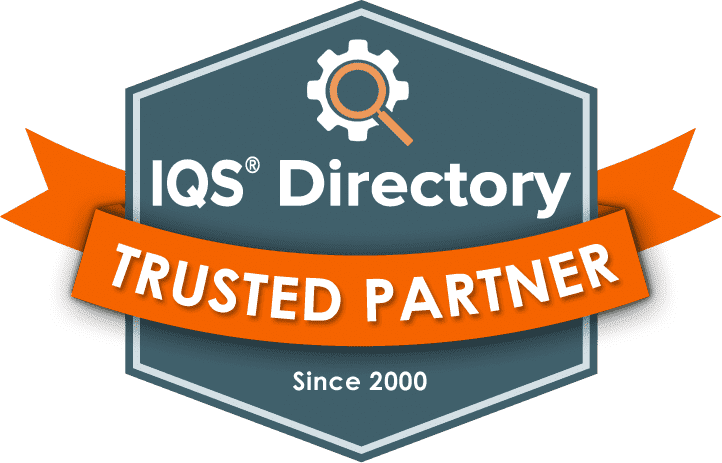 IQS Directory Trusted Supplier
Site Design by IQS Directory®
IQS Directory Trusted Supplier
Site Design by IQS Directory®
